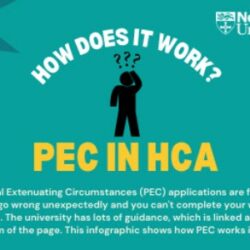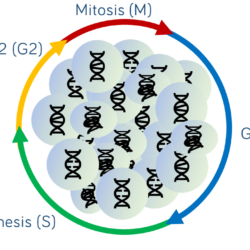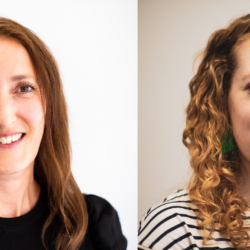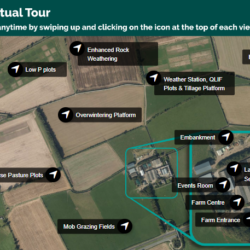Developing diverse skill-sets, student engagement, and self-evaluation in a poster assessment
Dr John Holton, Senior Lecturer in Ancient History, describes designing a poster assignment for his stage 2 module that builds and tests diverse skill-sets, promotes student engagement by enabling students to self-select and then personally research their choice of topic, resulting in students showing an increased assessment confidence and unusually high engagement with the task.









